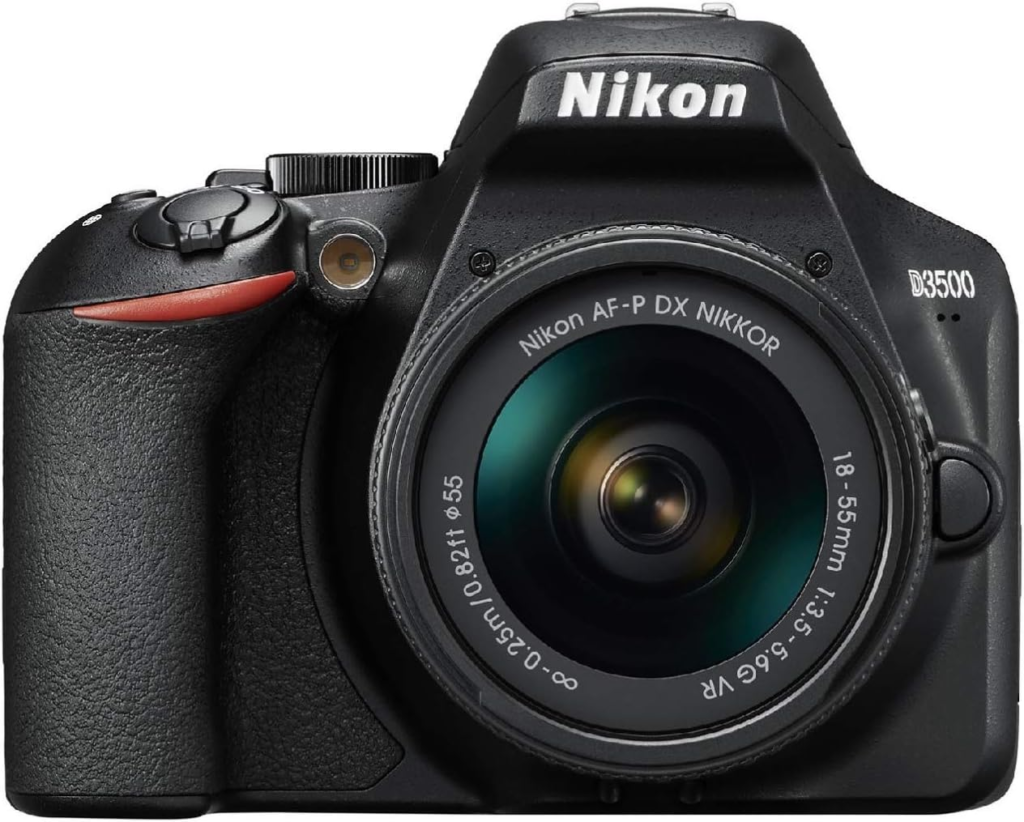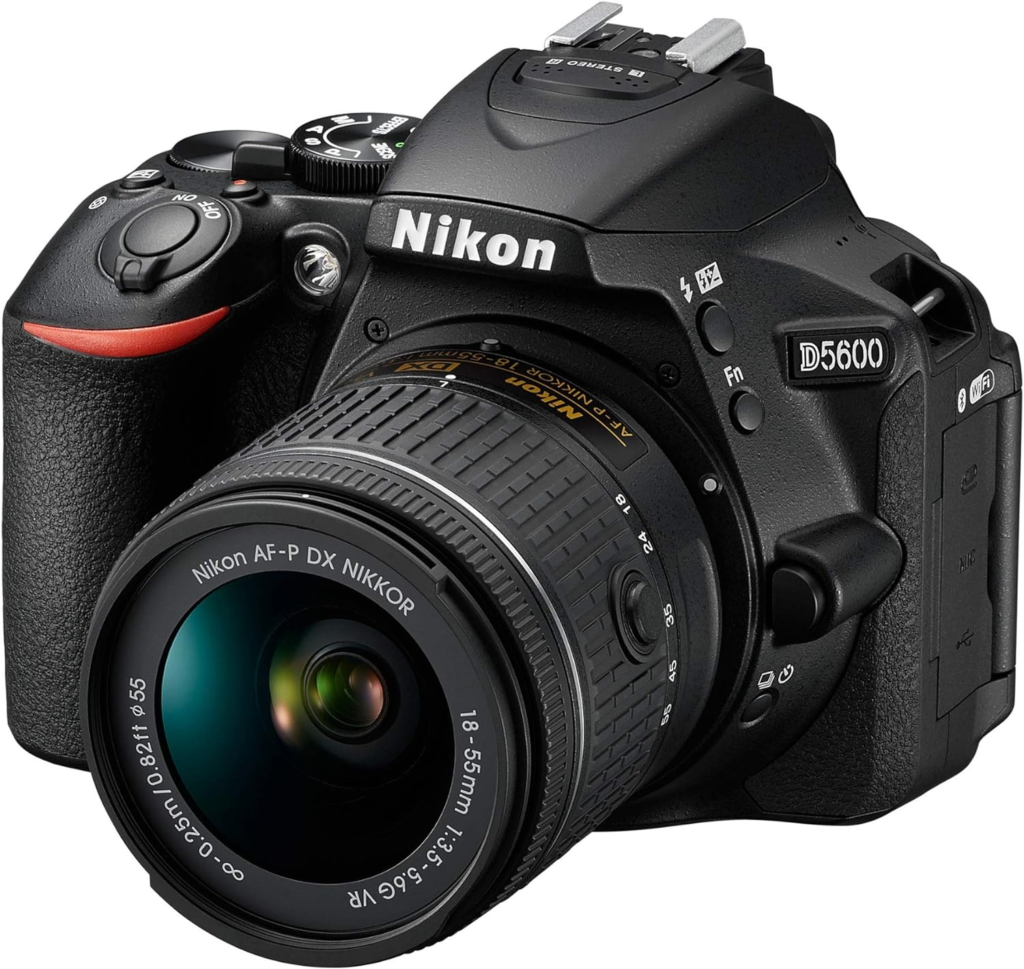By Etienne Mainimo Mengnjo
Are you looking to capture breathtaking landscapes with a camera that delivers exceptional quality and control? Look no further than these top DSLRs! While mirrorless cameras are gaining traction, DSLRs remain a fantastic choice for landscape photographers.
They boast impressive value, a familiar handling experience for many, and the option of an optical viewfinder for precise composition. This comprehensive guide features DSLRs for every budget, from beginner-friendly options to high-end professional models.
Whether you’re just starting your landscape photography journey or a seasoned pro seeking the perfect gear, we’ve got you covered. Landscape photography demands high-resolution sensors, dynamic range to capture details in shadows and highlights, and good image stabilization for sharp photos, especially at slower shutter speeds.
Here’s a breakdown of these DSLRs for landscapes, ranked from beginner-friendly to professional options:
1. Nikon D3500 W/ AF-P DX NIKKOR 18-55mm f/3.5-5.6G VR Black

A budget-friendly DSLR with a capable sensor. Great for beginners looking for their first DSLR.
Specificities:
- APS-C sensor (smaller than full-frame),
- 24.2 megapixels,
- No image stabilization.
View at Amazon: https://amzn.to/3Vz9CoF
Pros:
Cons:
- Limited low-light performance,
- Plastic build,
- Limited dynamic range compared to higher-end models.
2. D5600 DX-Format Digital SLR w/AF-P DX NIKKOR 18-55mm f/3.5-5.6G VR
This is a step-up from the D3500, offering more features and better handling.

Specificities:
- APS-C sensor,
- 24.2 megapixels,
- 39-point autofocus system,
- Limited image stabilization (lens-based).
View at Amazon: https://amzn.to/4aJvIJa
Pros:
Better ergonomics than D3500,
Slightly improved low-light performance,
Vari-angle touchscreen display.
Cons:
- Still limited dynamic range compared to full-frame sensors,
- Plastic build.
3. DSLR Camera [EOS 90D] with Built-in Wi-Fi, Bluetooth
This is an APS-C DSLR with a powerful autofocus system and good video capabilities.

Specificities:
APS-C sensor,
32.5 megapixels
Built-in Wi-Fi, Bluetooth
45-point all-cross-type autofocus system,
Fully articulating touchscreen display.
View at Amazon: https://amzn.to/4b09H9n
Pros:
- Excellent autofocus for capturing moving elements in landscapes (birds, waterfalls),
- High-resolution sensor for capturing details,
- Good video capabilities.
Cons:
- APS-C sensor limits dynamic range compared to full-frame,
- Plastic build.
4. Nikon D850 FX-Format Digital SLR Camera Body
This is a high-resolution full-frame DSLR for professional and enthusiast landscape photographers.

Specificities:
Full-frame sensor,
45.7 megapixels,
Excellent low-light performance,
In-body image stabilization (IBIS).
View at Amazon: https://amzn.to/3V4HEzw
Pros:
- Superior image quality with exceptional dynamic range,
- Great low-light performance,
- Weather-sealed magnesium alloy body,
- IBIS compensates for camera shake.
Cons:
- Bulky and heavy,
- Expensive,
- Requires high-quality lenses to take full advantage of the sensor.
5. Pentax K-1 Mark II w/ D-FA 28-105 WR Lens
It is a full-frame DSLR with a unique shake reduction system and weatherproof build.

Specificities:
Full-frame sensor,
36.3 megapixels,
Sensor-shift image stabilization,
Weather-sealed magnesium alloy body.
View at Amazon: https://amzn.to/3VoIyIq
Pros:
- Excellent image quality,
- Good low-light performance,
- Weatherproof build,
- Unique shake reduction system works with a wider range of lenses.
Cons:
Bulkier and heavier than some competitors,
Less common lens selection compared to Canon and Nikon,
Autofocus system might not be as fast as the Canon EOS 90D.
The best camera for you depends on your experience level and budget. For beginners, the Nikon D3500 or D5600 are good starting points.
For more advanced photographers, the Canon EOS 90D offers excellent autofocus and video capabilities.
For professional-grade image quality, the Nikon D850 or Pentax K-1 Mark II are top choices, but be prepared for the higher price tag and weight.